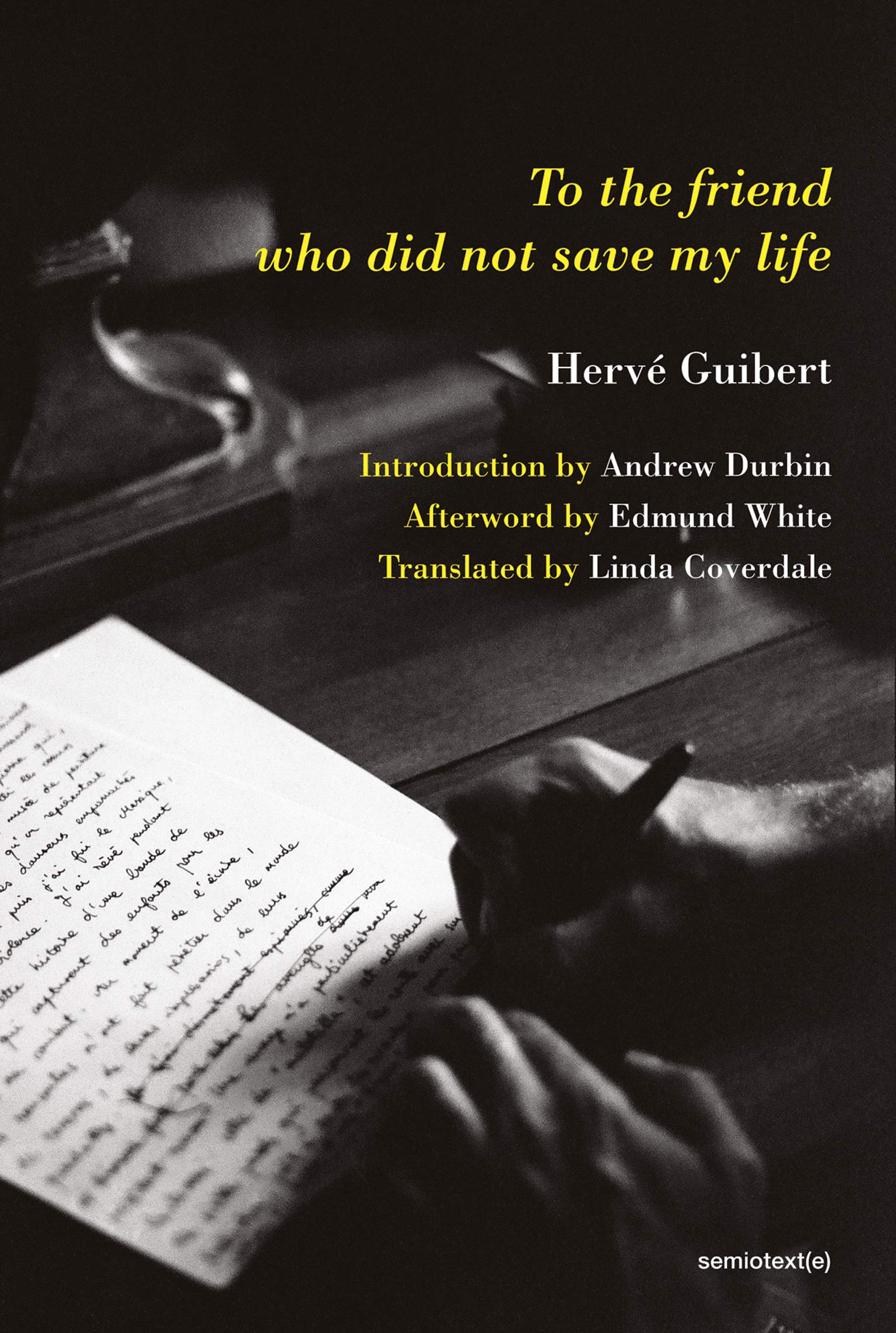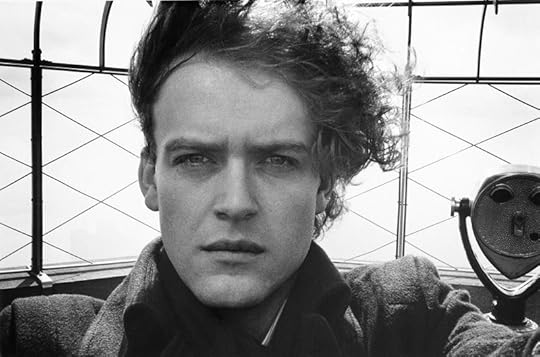What do you think?
Rate this book


De même que je n'avais avoué à personne, sauf aux amis qui se comptent sur les doigts d'une main, que j'étais condamné, je n'avouai à personne, sauf à ces quelques amis, que j'allais m'en tirer, que je serais, par ce hasard extraordinaire, un des premiers survivants au monde de cette maladie inexorableLe remède miracle n'existe pas et Guibert est abandonné par Bill... Au-delà d'un témoignage poignant et dramatique sur le sida, l'amitié et la mort, ce roman frappe par la force et la beauté de son écriture, dans une évidente violence contenue. --Céline Darner
260 pages, Kindle Edition
First published January 1, 1990

For Guibert, AIDS is the best possible scenario for homosexuality—AIDS is programmed, it’s an epiphany. Guibert’s whole strategy was to give a meaning to AIDS. All of a sudden we were dealing with a purely sacrificial logic and, for the sacrifice to be complete, the victim had to consent. So there it was: Guibert was the consenting victim. That really disgusted me. Guibert told me that a good queer is a dead queer: for myself, I need other fictions.